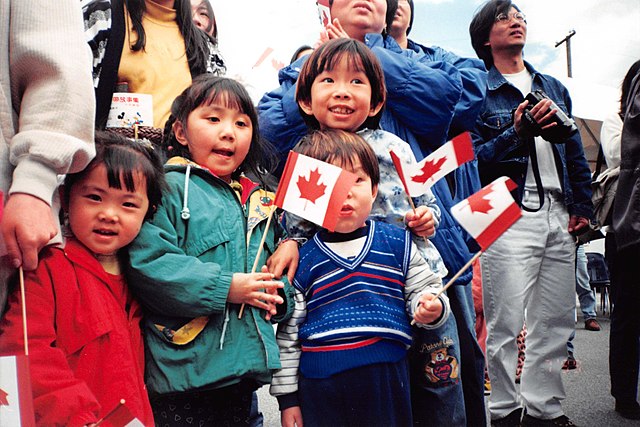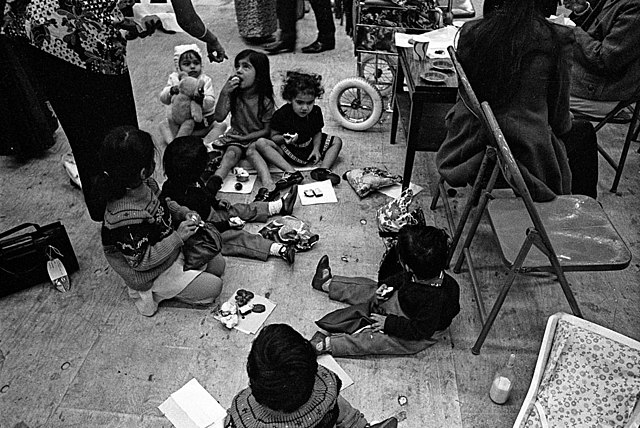As an alternate to the typical path to permanent residency, applicants who have any of the following assets may consider applying for this route: (1) firm settlement in Canada, (2) family ties to Canada, (3) children living with them in Canada, whether or not a Canadian citizen, and (4) concerns if returned to home country.
It should be emphasized that these are case-specific analyses and involve a complex balancing of many factors, but, there are many qualified applicants who may be unaware of this path to immigration. Keep in mind, this application is only available for those seeking permanent residency, and unlike refugee requests, risk factors such as persecution, risk to life, and cruel and unusual punishment are not considered or assessed by Immigration officials. Instead, Immigration takes a close look at your file, keeping the following questions in mind.
- How settled is the applicant in Canada?
- (Has the applicant established a successful life in Canada?)
- (What is the applicant’s length of stay/work history/skills and training/education/assets/savings in Canada?)
- (Is the applicant proficient in English and/or French?)
- Does the applicant have family ties to Canada?
- What are the best interests of the children?
- (What are considerations regarding the child’s emotional, social, cultural, and physical welfare?)
- (Are there any other children and/or grandchildren the applicant takes care of or is close with?)
- What could happen if the applicant and his/her family was returned to his/her home country?
- (Would hardship result from separation of relatives and ties to Canada?)
- (Would the applicant face hardship/discrimination/lack of medical accessibility if in his/her home country?)


The landmark decision Kanthasamy v. Canada (Citizenship and Immigration) 2015 SCC 61 fundamentally changed the nature of Humanitarian and Compassionate claims, applications, and risk factor assessments. For instance, prior to Kanthasamy, officers would limit their analysis to hardship that met the threshold of “unusual and undeserved” or “disproportionate,” but these terms are not found in the Immigration and Refugee Protection Act, or IRPA, and this lack of definition led to either unpredictable application or overly-strict application of these terms. Many applicants were denied their claims simply because the hardship the applicant faced was felt by all within a country. This was correctly overruled.
Now, there is no “hardship” threshold, and instead, the “unusual and undeserved” and “disproportionate” hardship only describes the hardship, it doesn’t set a requirement that must be met. This broadened the reach of the permanent residency pathway for qualified individuals. This is not to say that hardship determinations are completely irrelevant, because hardship is still an important consideration to granting a Humanitarian and Compassionate exemption to permanent residency, it is just that all facts are viewed holistically to see whether or not the hardship is met, rather than individually making each type of hardship a threshold.
A similar analysis was applied to the “best interests of the child.” Previously, the best interest of the child was examined to see whether the child would suffer hardship if removed from Canada and the best interests were considered generally. Officers were not required to go beyond simply stating that the best interests of the child had been taken into account. Following Kanthasamy, the test became less focused on hardship, and more focused on what the child’s best interest actually is. Further extending this line of reason, any child that is affected by the application must have their best interests considered in reaching a conclusion. More than just merely stating the child was considered, officers must identify and define the interests of the child, showing specific attention to those interests, in light of all circumstances surrounding the application.
What does this mean for you?
It means that you may have previously been discouraged or unwilling to bring an application for permanent residency on Humanitarian and Compassionate grounds that may now qualify under Kanthasamy. Contact our office today to see if your case may qualify and have our lawyers advise you legally of your rights and how you may achieve your immigration goals in Canada.
